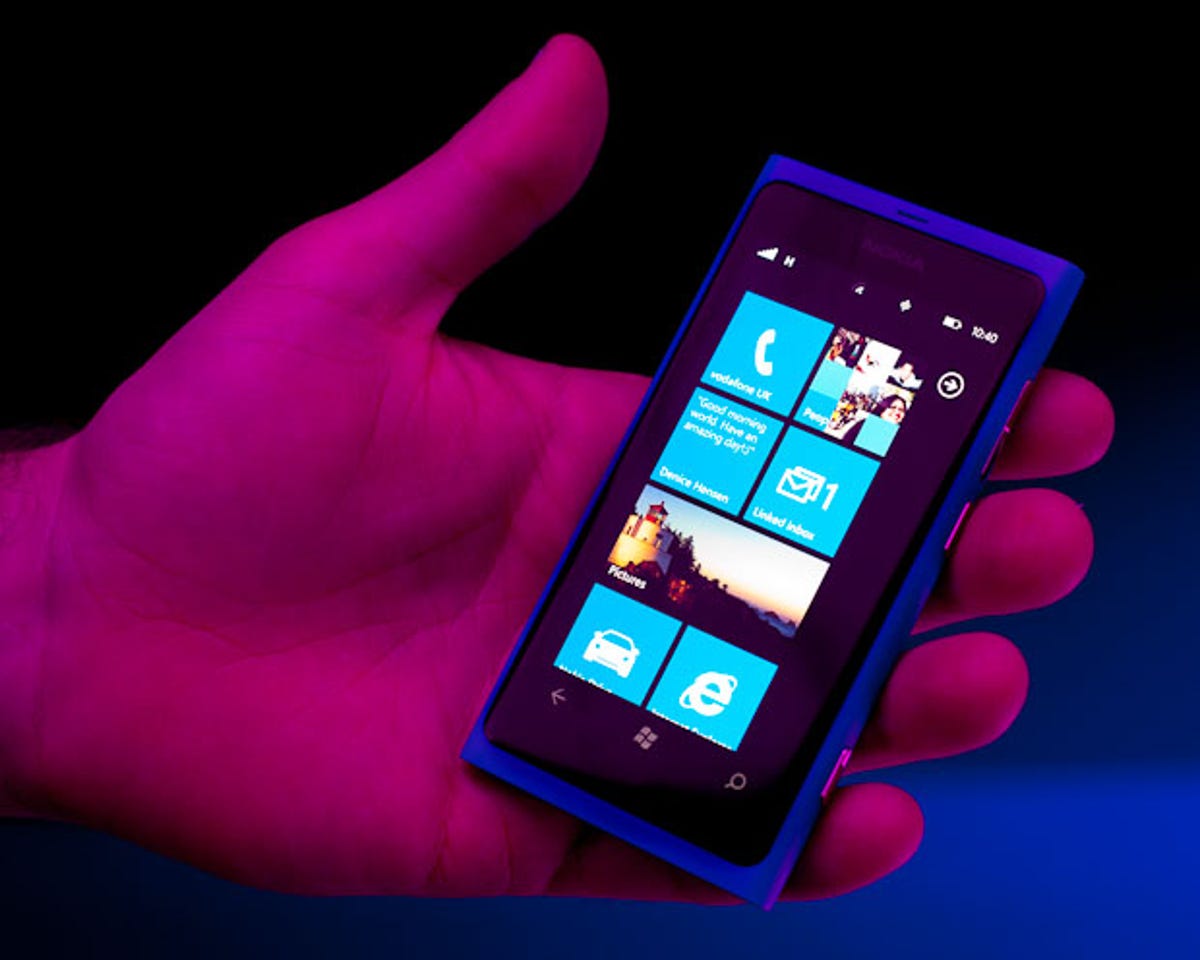Nokia is showing signs of life, proving it can rush product to market, innovate and maybe even get something commercial out of its research and development.
It’s early, but there are signs of life here. Perhaps Nokia won’t be road kill for Android and Apple’s iOS.
Let’s connect a few positive data points for Nokia.
First, Nokia is showing off a flexible display and some R&D chops. CNET News’ Stephen Shankland highlighted a “kinetic device” that has a flexible display. Simply put, this flexible display can bend and bowing it inward or outward will zoom in and out of photos and make music selections. Shankland is skeptical about the prospects for this technology–and rightly so–but the big takeaway here is that Nokia is at least thinking of something new. Remember Nokia is the same company that had touch screen technology but determined no one wanted it. Oops.
Nokia can move quickly when it wants. The biggest takeaway from CEO Stephen Elop’s keynote on Wednesday is that the company can go from idea to product in less than a year. Now there are compromises for sure–Mary Jo Foley examines why there aren’t any front-facing cameras on the first Windows Phone. In short, Nokia didn’t have time. That criticism aside Nokia did move faster than it ever has.
Barclays analyst Jeff Kvaal noted:
The Lumia 800 and 710 are set to ship in 4Q and rebuild visibility into Nokia’s product engine. These devices are not overly differentiated, but then the development timeline never allowed that. We feel they are, however, well built (800 feels particularly high quality), fully featured, and competitively priced – below the iPhone 4S and on par with Android devices. We include a comparison to rival devices and service plans. We remain confident Nokia will retain traditional advantages in scale and distribution.


Stephen Shankland/CNET
And finally, Nokia seems to know its strengths and has scale. You can knock the lack of a 2011 U.S. launch, but Nokia specifically picked its first markets based on its strength. Nokia has to defend its base countries and then move on from there. Analysts also noted that Nokia’s pricing for the Lumia is aggressive. Wunderlich Securities analyst Matthew Robison said in a research note:
The Lumia 800 is listed for €420. The Lumia 710 is somewhat less elegant but sports most of the capabilities of the 800 at €270. Management indicates that deals have been struck with initial carriers to ensure the Lumia 800 retails alongside Android devices at €10-20 below the iPhone. Lumia is targeted for subsidy to the €0-single digit level of the BlackBerry 9900 in the UK.
Meanwhile, Nokia’s new Asha phones—designed for emerging markets—undercut the BlackBerry on pricing.
The message is clear: Nokia will use its scale to defend its turf and cover the world with Windows Phone tiles.
Related stories:
Nokia debuts Lumia 800, 710, first Windows Phone handsets
Can Nokia’s Lumia smartphones make it in the U.S.?
Nokia’s Asha family of phones targets emerging markets
Flex it, baby! Nokia’s new interface is seriously twisted
And now for the caveats. The jury is still out on Nokia. The specs for the Lumia leave a lot to be desired. It’s unclear consumers even want Nokia Windows Phone devices. Nokia’s marketing could be a hit or mocked just as easily. And finally Elop is an unknown commodity. Who knows if Elop can really reinvent Nokia?
In the end, Nokia showed this week that it has a pulse and might just get off the mat and punch rivals in the mouth. At this juncture, Nokia is certainly worth keeping an eye on.
This story originally appeared at ZDNet’s Between the Lines under the headline “Nokia: Showing signs of life, innovation ahead.”



